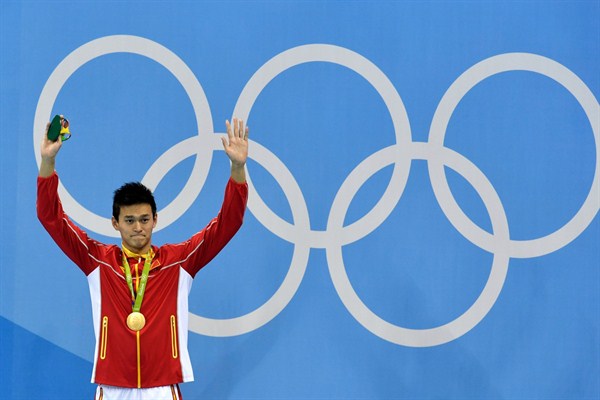So far, the Olympic Games in Rio are off to a good start. No major disasters have occurred, despite serious worries about security and environmental conditions. But the games—and particularly the downsides like excessive costs, corruption and imbalances of power and influence—have raised questions of politics and economics that bear many similarities to some of the major trends in international affairs. One innovative proposal for fixing the Olympics provides a useful comparison to some notions of how to improve the global governance system.
Hosting the Olympics has already been costly for Brazil—in financial terms for sure, at $12 billion, of which 40 percent are public funds, but also in terms of Brazil’s global brand. The decision to host the games predated the country’s recession and the impeachment trial of suspended President Dilma Rousseff, but many poor Brazilians deeply resent the public investment in sports stadiums while public schools and police ranks are underfunded. Add to that concerns about the Zika virus and the fear of a terrorist attack that could happen at any major public event, and some wonder whether it’s worth it.
It’s clear that the decision to compete for hosting the Olympics has become politically fraught for advanced democracies. Publics are simply not that supportive, knowing that the disruptions and costs are severe, even if the glory is tempting. Last year, Boston pulled out of the competition to host the 2024 Olympics because the terms of an agreement with the International Olympics Committee (IOC) about cost overruns were simply unacceptable. For the 2022 Winter Olympics, only Beijing and Almaty competed, after Oslo withdrew its candidacy, having failed to achieve a parliamentary majority to support the financial guarantees required.

